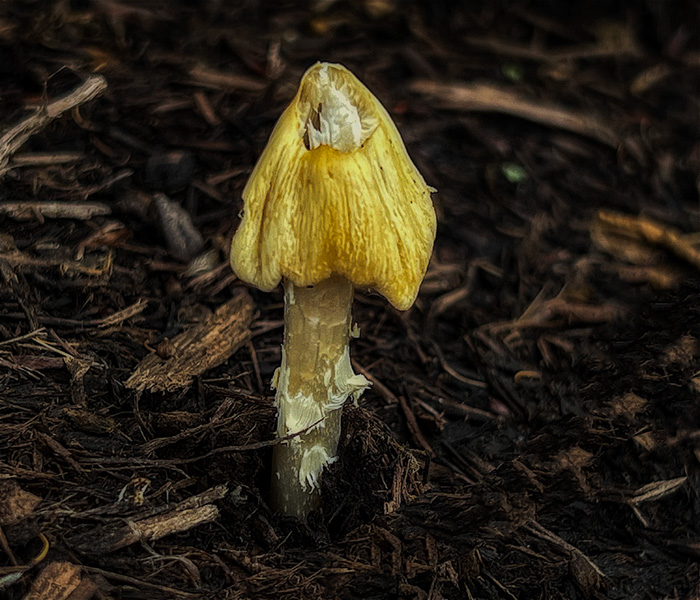The other day I had a bit of something with yellow mustard. It took me back fifty years to a place far from where I was standing. Suddenly, I was sitting on my beach towel, with the hot concrete below, eating a 25¢ box of pretzel sticks dipped in yellow mustard.
Involuntary memory. It is a type of memory we have when we experience specific cues that take us to another thought. Things we encounter in everyday life. These events evoke recollections of the past without conscious effort on our part.
On the opposite side of things are voluntary memories. Of course, as suggested, we have to put forth a deliberate effort to recall the past.
The perfect example of “involuntary memory” comes late in the movie Ratatouille, when the food critic, Anton Ego, sits alone in the dining room at the restaurant and takes a bite of ratatouille. He is catapulted backward into his boyhood, remembering the loving care of his mother and all her cooking. He’s immediately enveloped in warmth, completely forgetting his current place in time.
That is an involuntary memory.
There has been much studying on this, though, I’m not entirely sure why. It seems straightforward to me. Certain things remind us of a time in our past, and we revisit that memory. All of a sudden.
Like. We see a lady at the grocery with a little round purple hat on, and we suddenly think of Mrs. Watosky, who lived two doors up the street and made those incredible peanut butter cookies.
But, apparently, the smart folks have wanted to dive deeper into this to figure out why and how it happens. And so they study.
A couple of guys, early on, did work in this area. The first was Herman Ebbinghaus (1850–1909). A German guy, he is recognized as the first scientist to “apply the principles of experimental psychology” to studying memory.
I’m not going to go into all the details about him, but here is a big tip. If someone asks you to sign up for an “experimental psychology” test? Take a big pass on that one, my friends. I’ve seen Ghostbusters.
Back to involuntary memory. The next guy, we all know. Marcel Proust.
He was the first person to coin the term “involuntary memory” in his novel À la Recherche du Temps Perdu (In Search of Lost Time or Remembrance of Things Past). Now, Proust didn’t have any training in psychology. He was not a doctor or scientist. He worked chiefly as a writer.
But he was the one to come up with the idea. In his novel, the protagonist eats a tea-soaked madeleine. Suddenly, a long-forgotten childhood memory of eating tea-soaked madeleines with his aunt comes back to him. And then, from there, the character proceeds to remember all about his childhood home and the town where he grew up.
Involuntary memory became an ongoing theme in that book.
This all interests me because it seems to occur reasonably often in my life. That “thing” that comes up, and sparks a memory, a feeling from long ago. I’ve found that a good deal of the time, it is food related.
It also intrigues me because our minds are as deep as the ocean. There is an infinity inside each one of us, as well as the infinity we share on the outside of us. And I doubt that we will ever come close to understanding either one. Involuntarily, or not.
==========
“Right now I’m having amnesia and déjà vu at the same time. I think I’ve forgotten this before.”
― Steven Wright
===========
“We do not remember days, we remember moments.”
― Cesare Pavese
===========
“Remembrance of things past is not necessarily the remembrance of things as they were.”
― Marcel Proust
=============
Do you remember, all of a sudden?
